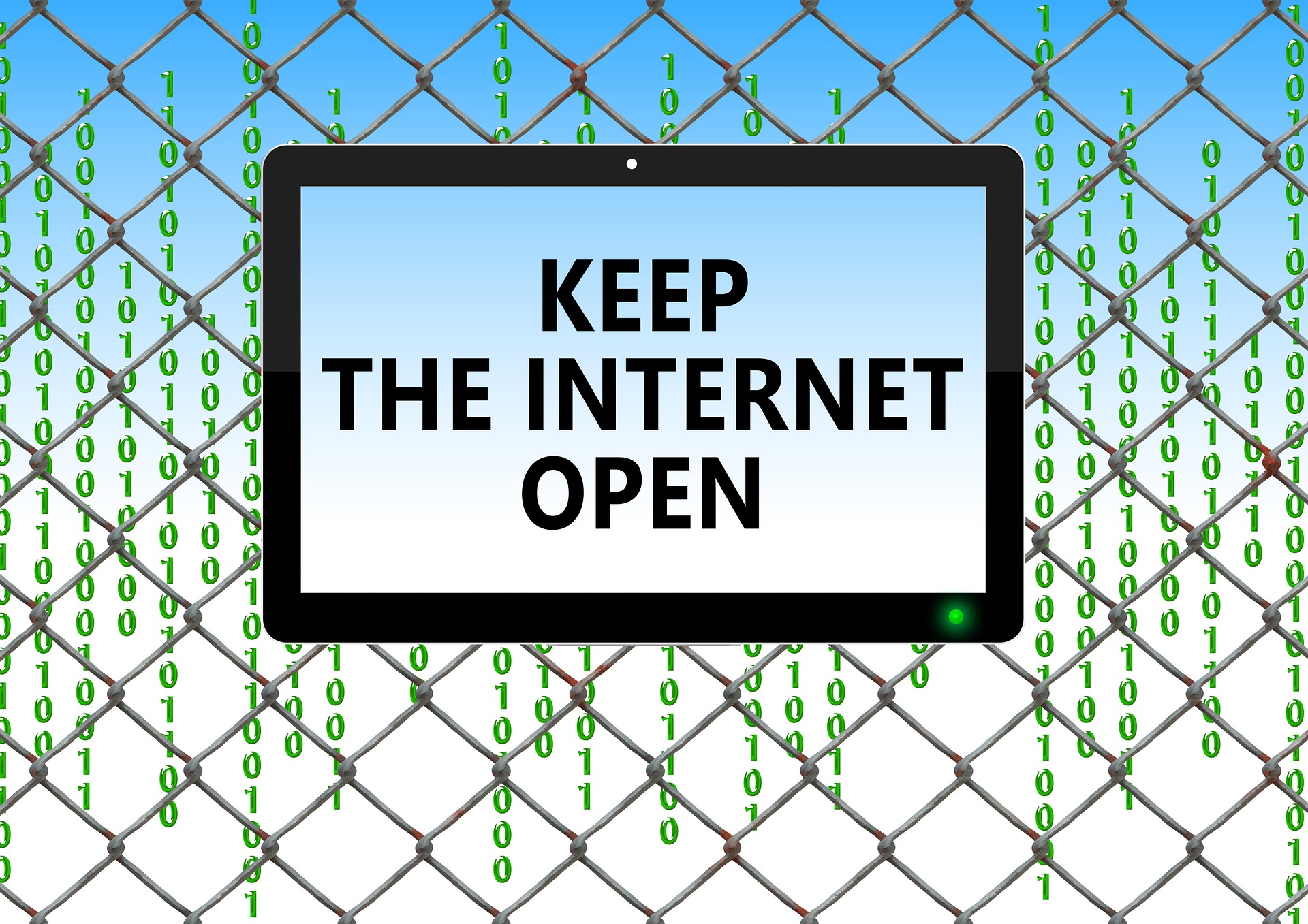Net Neutrality and Freedom of Expression
Network Neutrality is known as “The First Amendment of the Internet”. [1] It is a system which facilitates the neutral and unbiased movement of data packets in the virtual world irrespective of its content, destination, or source. Activities such as: blocking, throttling, paid prioritisation, filtering specific content or applications are some activities that are deemed to be a breach of network neutrality.
International human rights law is strengthened by network neutrality and due to its presence, freedom of expression and individual human rights are protected and monitored under the umbrella of Human Rights Law. These rights have led to many societal issues being highlighted by individuals through digital media.
Global phenomena such as Black Lives Matter (referred on the internet as #blacklivesmatter) had nearly a million tweets before the mainstream media around the world began to investigate and report about various issues such as the protest in Ferguson, Missouri following police brutality by authorities and the consequent murder of Mike Brown.[2] Other movements such as Me too (referred to on the internet as #Metoo) attracted huge global attention. The movement allowed the public voicing of sexual assault survivors and can be credited for building a culture of believing the victim. It paved way for individual persons to be able to accuse powerful figures without fear of retribution. Celebrities such as Harvey Weinstein, Hollywood producer, was a prime example of this. Accusations against Harvey Weinstein of multiple sexual assaults resulted in the ‘The Women’s March on Washington’ after Trump’s election which is considered to be among the most prominent pro-women marches in history. Other key issues that are highlighted by social media and the presence of an open and largely unfettered internet platform include problems regarding the environment. This movement was spearheaded by Greta Thunberg, who is credited for initiating climate awareness and for bringing people to protest for climate policy in unforeseen numbers. Greta Thunberg has managed to globally transform and raise an anxious attitude towards climate change and has been instrumental in emphasising the value of sustainable growth. This phenomenon emerged as a result of network neutrality. It can be reasonably assumed that due to network neutrality and its function, Greta’s twitter message reached its audience without being blocked or filtered.
Net Neutrality, Netflix and Comcast
In 2010, the issue between Netflix and Comcast highlighted the prominence of network neutrality on the communication potential of the internet. During this time, Comcast collaborated with Blockbuster to challenge Netflix’s stronghold of the digital video streaming market.[3] The partnership did not last and as a consequence, Comcast decided in 2014 to charge Netflix with additional fees to uphold its high streaming quality and undisrupted service users. Netflix counter-argued that this was a violation of network neutrality and argued that it was illegal for Comcast to discriminate in this manner against Netflix.
As the dispute between Comcast and Netflix continued, consumers experienced lower quality and slowdown of Netflix streaming service. Comcast contested that Netflix is liable to pay higher fees as a percentage of data is used by Netflix on Comcast’s network. To counter-argue this, Netflix went to FCC and named the issue as ‘interconnection’, which in reality was a “public relations war” in lieu of Comcast’s network fee. The FCC, in 2015, considered Netflix and acknowledged ‘interconnection’ as a violation of network neutrality.[4] To sum up, eliminating network neutrality leads to access to digital content by the users based on the financial relationship one has with the ISP, while completely ignoring the availability of the information.
The issues regarding network neutrality does not only plague the developed world. Developing countries also battle with finding the optimum balance between maintaining the integrity of the internet, and, socio-political issues of their particular country. A prime example is the digital blackout that occurred in Kashmir, India. On 5 August 2019, the presidential decree revoked Article 320 of India’s constitution. This assured exceptional rights to the Muslim-majority state. The effects of the digital blackout have had severe negative consequences which resulted in social disorder, specifically banking operations were hit very hard from the action. People had no access to complete simple tasks such as pay their utility bills through online services. Other groups such as students and businesses suffered immensely through this internet shutdown as it took away their reliant resource.
The Way Forward
The process of achieving the standards of open and free network neutrality would only be possible if all governments and policymakers come together to ensure that network neutrality stays open and free. By resolving this issue, it will theoretically open the gates to tackle other related issues which would help individuals and corporations. For example, the #blacklivesmatter, #Metoo and environmental problems, and other issues can be highlighted which are only apparent because of network neutrality protecting and giving the consumers these possibilities on a non-discriminatory platform.
[1] Andrew Murray, Information Technology Law: The Law and Society (3rd edn, OUP 2016)
[2] Gigi B Sohn, ‘Social Justice or Inequality: The Heart of the Net Neutrality Debate’ (2019) 80 U Pitt L Rev 779
[3] Alison Novak and Melinda Sebastian, Network Neutrality and Digital Dialogic Communication: How Public, Private and Government Forces Shape Internet Policy (Routledge 2018)
[4] ibid
